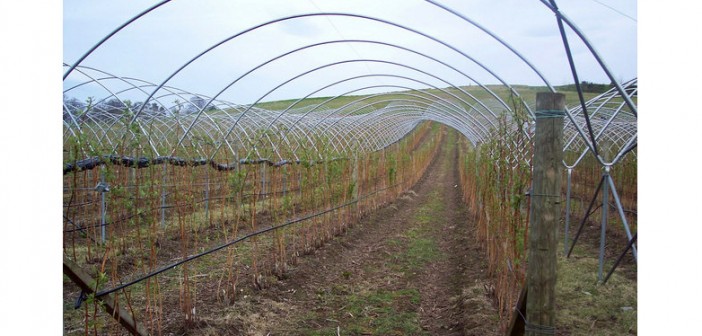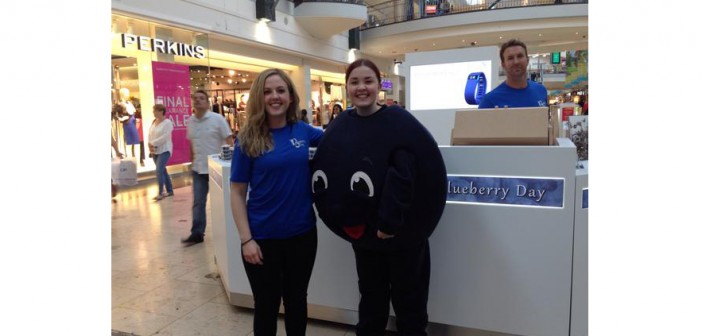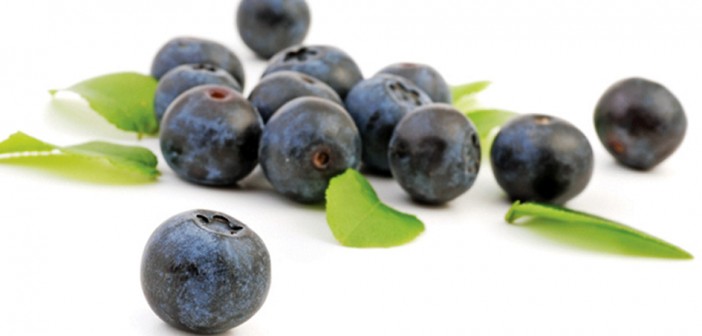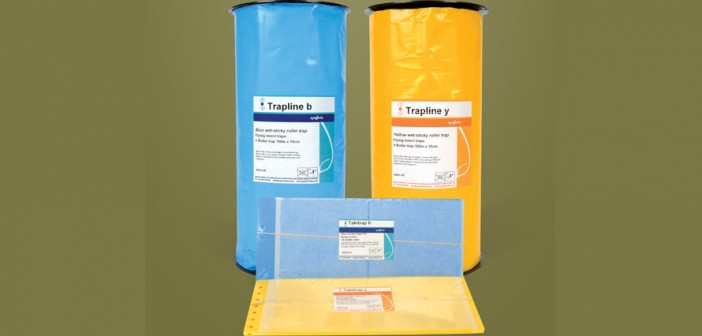New research suggests that longer periods of cold storage could help to break dormancy in raspberry canes, resulting in higher numbers of buds and bigger yields.
Crop scientists compared the growth of long-cane raspberry plants (Rubus idaeus L. ‘Maurin Makea’) in a polytunnel and an open field to study how nursery growing conditions affected their quality and cropping potential.
The plants were then cold-stored at –1ºC for different periods of time before forcing them in a greenhouse in order to determine how the duration of cold storage affected their carbohydrate status, cropping potential and performance after storage.
The authors write, ‘We conclude that, under high-latitude conditions, the maximum cropping potential was achieved by raising raspberry long-cane plants in a tunnel. Moreover, while a cold storage period of 12 weeks was too short to overcome dormancy effects, 20 weeks of cold storage resulted in a high cropping potential in the cultivar studied here.’

The post New research on raspberry cane dormancy appeared first on Hort News on 10 December 2015.



